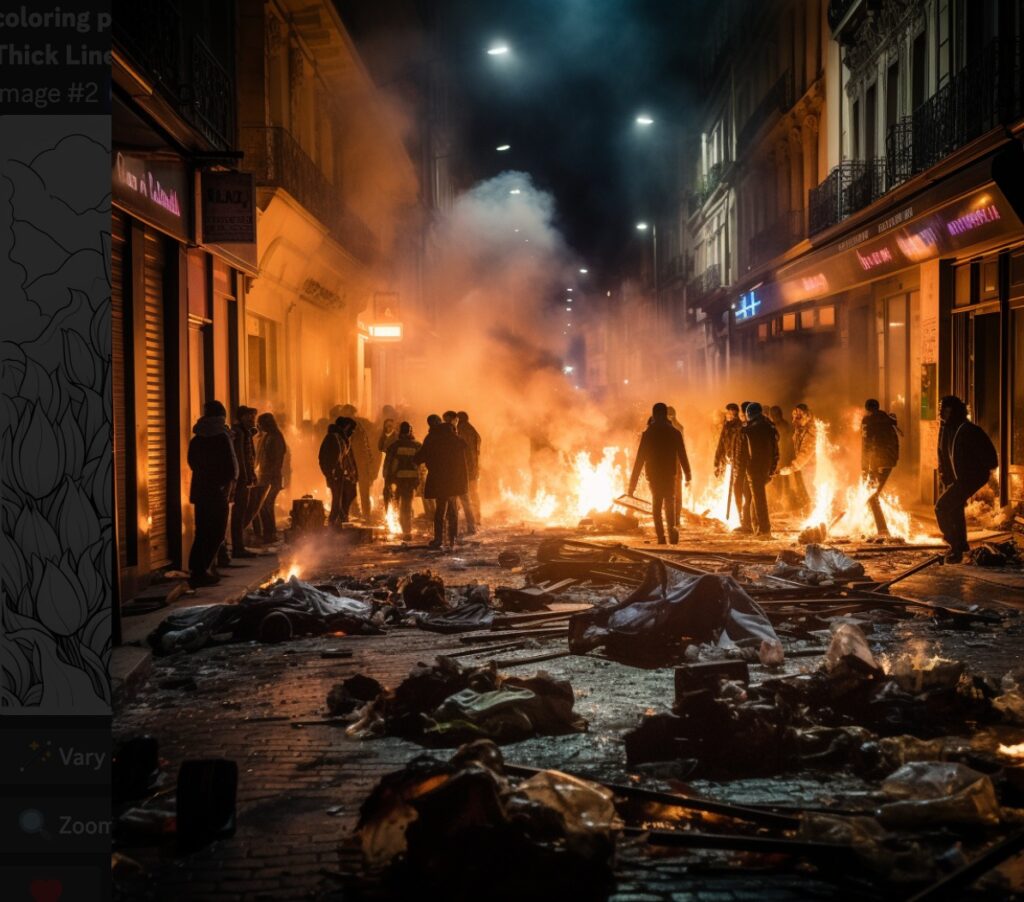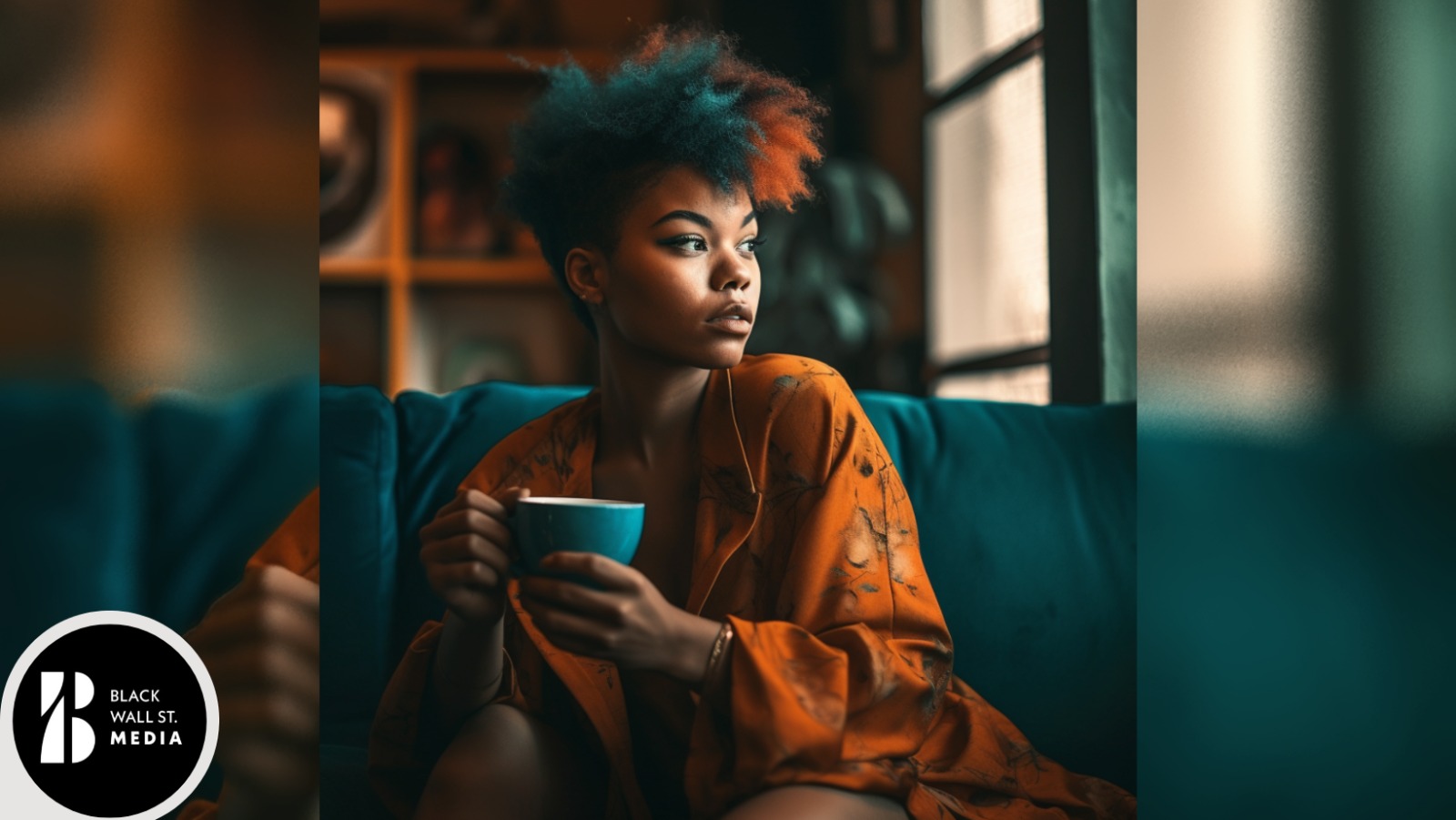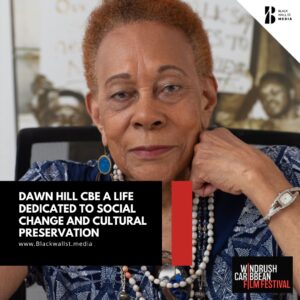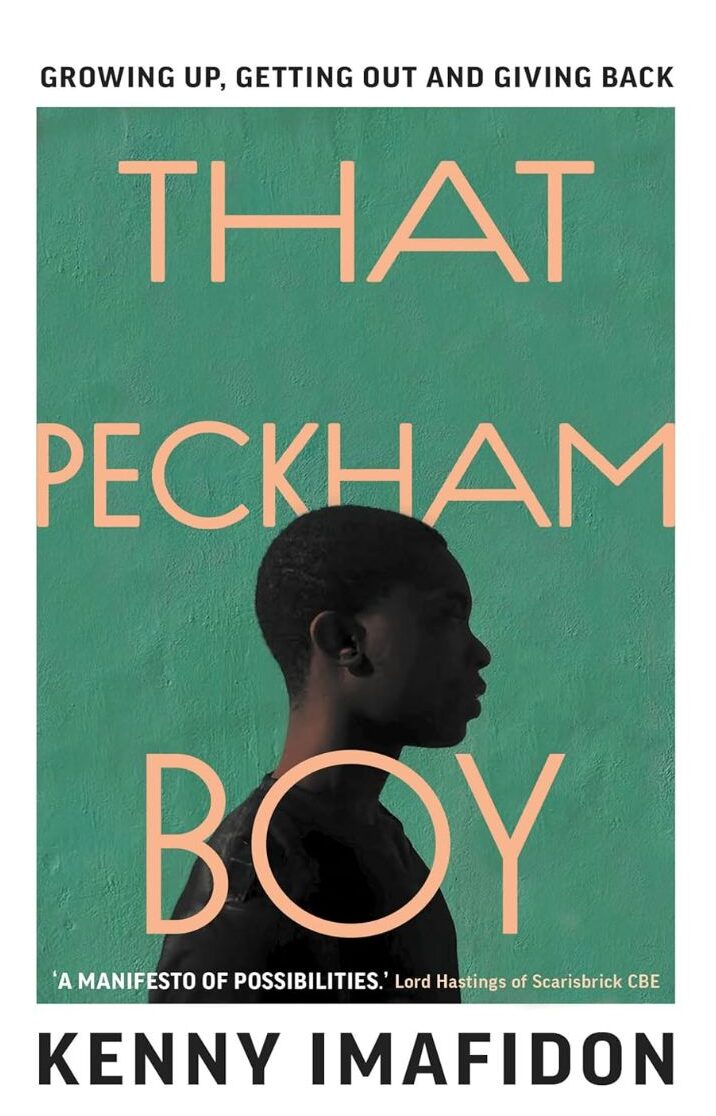OPINION
Addressing the Subterfuge of Mental Health and Black Women’s Silent Struggle Against Police Brutality.
“"Our voices will shatter the silence, our unity will break the chains, and our resilience will defy the stereotypes. It's time to say her name and demand justice for the silent struggle of Black women against police brutality and the subterfuge of mental health."”
Daniella MaisonContributor
Over a hundred years ago in 1918. Mary Turner made what were called “unwise remarks” about the lynching of her husband, insisting that she would press charges against the men responsible.
They said she “flew into a rage”.
Mary was chased by an angry lynch mob of several hundred men. The mob pursued her and found her the next morning.
They took her to a stream, tied her ankles together and hung her from a tree. They finished Mary off by riddling her body with bullets – to teach her a lesson.
For the past decade, I have written and exposed cases wherein black women have been murdered by the police under the subterfuge of ‘mental health crises’.
Police brutality is being talked about so much more than it was when I penned my article on Sarah Reed almost a decade ago.
Shockingly, the topic of black women being murdered by policemen is still barely reported on; much less that mental health is the stalking horse they use to justify it.
It saddens me deeply that the issue is happening more and the silence in the media is audible.
Recently, a lawsuit was launched in the U.S. District Court in Sacramento by the children of Tracy Geata in yet another case of the Police lynching a black woman in public and citing mental health as the reason.
On an ordinary afternoon in February 2022, following a minor traffic accident with an unidentified Stockton Police Department officer, Tracy Gaeta was pursued by California police to an isolated, rural area, where there were no witnesses to the tragic events that unfolded thereafter.
What is known is that Tracy died on the dead end of Rolerson Road in a matter of seconds, after an officer of the Stockton Police Department fired thirty-three bullets into her car in what the lawsuit alleges was a ‘spectacular display of excessive force and reckless disregard for human life and malicious conduct.’
Later, they said she was experiencing a mental health crisis when she backed her car into a law enforcement vehicle.
She was unarmed and never threatened the officer. After the shooting, Ribera was placed on 3-day paid administrative leave before returning to work. At its core, the mental health smokescreen is a colonial echo.
Character assassination and hatchet jobs are at the core of the Western approach to control.

The cementing of carefully designed fabrications casting black women as angry, mad, and aggressive have been expertly poured and placed for centuries.
It is an effective brush to tarnish black women with; take 500 years of myth making, blend it carefully with attributes far from exclusive to black women – bind them – label them with those loaded words ‘mental health’ and what do you have?
Something that must be held down. put out. ‘Death Of A Mad Black Woman’ Daniella Maison (CLICK HERE)
The colonials took all their fears upon first seeing us, beefed them up and set about propagating the hype initially to commodify black bodies and justify the business of slavery.
As time went on, the same stereotypes became crucial to the continued oppression and brutalisation of an entire race.
For the large part, it has been the perfect stalking horse; to harm a woman might be cowardly. To silence a Mad Black Woman? A stereotype meticulously developed and propagated for centuries.
Well now, that is an entirely different spin.
The propaganda behind The Angry Black Woman reduces the black female presence to perceptions of being socially destructive, and therefore unworthy of police protection or societal compassion.
So, over the past few years, in particular wherever we see the lynching of a black woman we will also somewhere often see the mention of mental health as though this somehow justifies police brutality.
Several mythical narratives have been constructed about the black female, but none so dangerous, or effective, as the Mad Black Woman.
The alleged threat of a black woman experiencing mental health issues is salient in countless shootings.
Stereotypes of black women possessing deviant values and dispositions have been padded and magnified.
So much so that when we might be experiencing a mental health crisis, the police see fit to use it as an excuse to carry out a lynching as opposed to helping.
Our bodies and actions are suspect, our movements are threatening, our demeanour a signifier of dissent or aggression.
Yet it goes unnoticed, unsaid, unspoken.
All the while reminding us that Black women are not valued.
Pamela Turner was a 45-year-old grandmother said to be ‘battling a mental illness manic episode’ when an officer tried to arrest her for outstanding warrants that later were shown to have not even existed.
Disturbing video showed Turner’s last moments as she lay on the ground and yelled “I’m pregnant” before she was shot and killed.
The officer who lynched her was allowed to return to work after being placed on a three-day leave, as if nothing ever happened.
The media hid images of her smiling and happy, and put out an old mugshot next to images of her lynching and a discourse about her mental health issues.
Apparently, the mental health tag is enough of an epithet to warrant the murder of an unarmed black woman.
Yet, at a time when we know more about mental health than ever before, it baffles me that we are not up in arms and screaming from the rooftops that health mental illness is not a crime, much less one punishable by death.
Miriam Carey was lynched outside the white house.
She saw a plain-clothed man approach her, shouting and making hand gestures. Like any mother, with a child in the car, she did a U turn to escape.
But there is and has long been bleak punishment for escaping the master.
They lynched Miriam outside of the white house by men who shot at her vehicle twenty-six times despite her baby in the backseat.
Five bullets to her back killed her.
News reports detailed her as having been in the middle of a ‘mental health crisis’.
Countless men have attempted to actually break into the White House, many of them armed, only to be apprehended.
Miriam was over a mile away from the White House. Dig It?
Only in the stifling climate of pervasive stereotypes could mental health justify murder.
Tanisha Anderson died during an encounter with Cleveland police as her family, who had called 911 seeking help, watched from their home.
Tanisha was, her family maintain, so much more than the ‘mentally ill’ woman the media deceived.
The aspiring journalist was forcibly slammed to the pavement and held for an extended amount of time in a prone position, in front of her family, before going limp and dying in police custody.
It was, the family say, the first time in a very long time that Tanisha had required any assistance with her illness.
Michelle Cusseaux was unnecessarily shot and killed after the police forced their way into her house as first responders in an effort to bring Michelle to a mental health facility at the request of her family.
Can you imagine the unthinkable devastation of calling the police to help your loved one and witnessing them murder her instead?
Some might say we’re talking about things that are happening in America but as Diaspora we are part of the same system, victim to and survivors of the same agenda.
When we see each other persecuted, it’s a painful reminder within our genetic memory, an emblematic twinge, it collectively thumps, moves us and changes US.
As I wrote when Siyanda Mngaza was imprisoned for defending herself in a racial attack, anywhere there has been colonialism we see the echo in policing. France, Belgium, Germany, Portugal, Spain all have major fatalities caused by police brutality.

And as I write this piece, Paris is burning.
Paris is burning. 17-year old Algerian boy Nael M. was gunned down at the wheel of a Mercedes in the western suburb of Nanterre on Tuesday morning, sparking anarchy in the French capital. Police brutality is not an American issue.
It is wishful for any of us to believe that the tremendous force of colonialism in our different pockets of the world could somehow evaporate as soon as colonialism ended.
Now is the time to speak loudly.
Above the din and ballyhoo of a system that seeks to malign and crucify us.
We are one people; we feel with an ancestral memory muscle.
It’s in knowledge of this system, understanding the complex ways in which our intersections effect our lives that frees us.
Speaking up too. The more we operate and think as a Global unit is the bigger problem we pose; one people, one voice – one community.
“As one we are powerful. We can and will defy the stereotypes and define our own identities if our voice is loud enough. It begins with a conversation on an issue that has been unspoken too long. #SayHerName”
Daniella MaisonContributor













